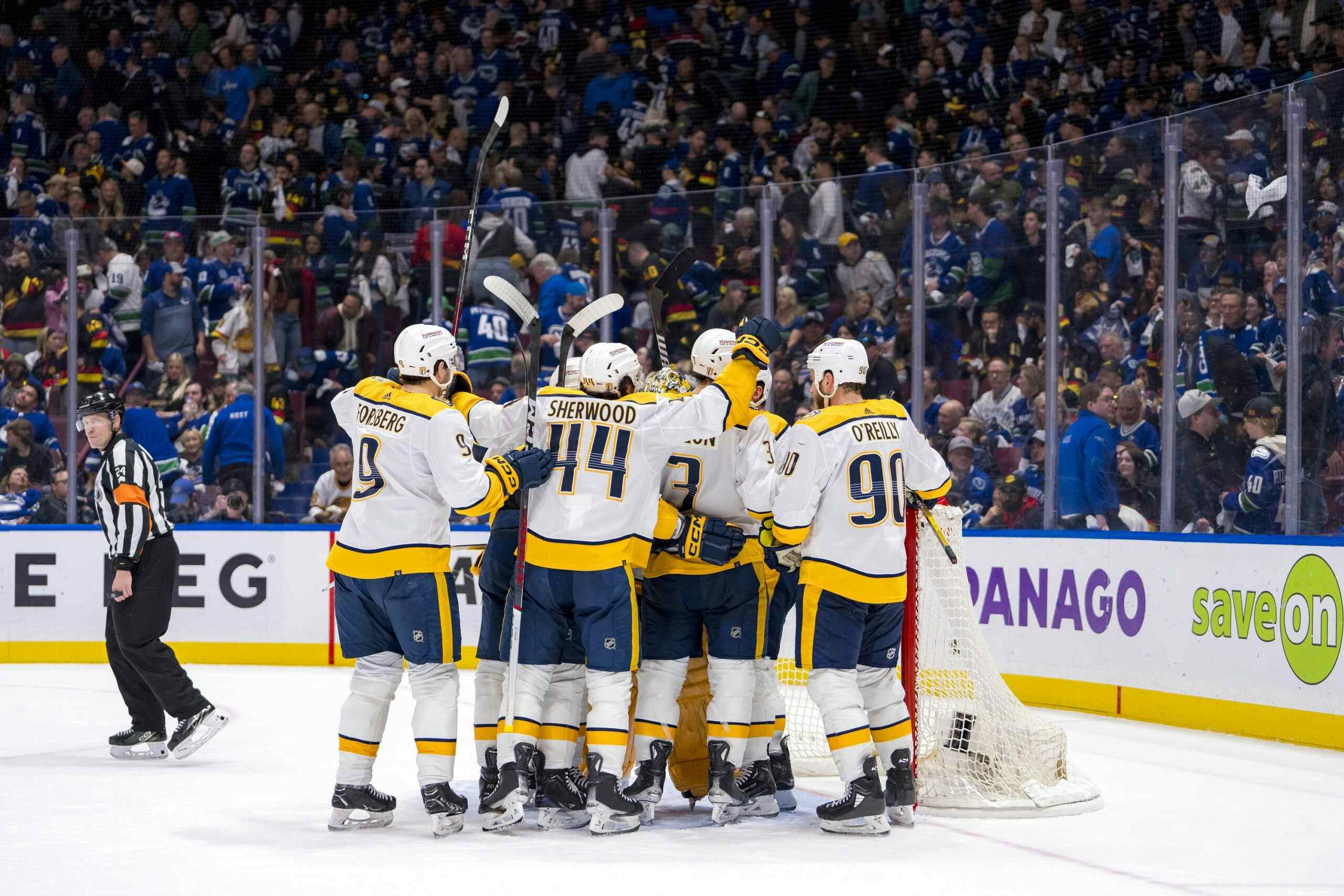2012 SCF Lessons: Jonathan Quick – Build from the net out?

We see it every year: teams, media and fans looking at the Stanley Cup champion and trying to determine what lessons should be learned from the team. This year, goaltender Jonathan Quick won the Conn Smythe Trophy as playoff MVP. Should that indicate that a franchise goaltender is what every team needs to target?
Quick was a third round pick in 2005, and spent two years in college before turning pro. When he did enter the professional ranks in 2007-08 he started slowly, posting a 0.905 SV% in the ECHL. There was no aura of invincibility there – against ECHL shooters, Quick allowed 3+ goals in 21 of 38 starts. He improved markedly once he reached the AHL, however, and even got a brief NHL cameo as one of seven goalies used by the Kings that season.
The next year, Jonathan Quick was the Kings’ starting goalie, leapfrogging every other ‘tender in the system to play 44 games, posting a 0.914 SV% in the process. He played 72 games the following season – posting a sub-average 0.907 SV% – and entering 2010-11 was widely regarded as something of a placeholder for the more highly-touted Jonathan Bernier. Bernier, the 11th overall pick in 2006, had been highly impressive over two AHL seasons, and in the minds of many it was a matter of when rather than if he took the reins from Quick.
Quick held him off in 2010-11 with his best-ever NHL season; 61 games played and a 0.918 SV%. Then came this season, when Quick was the principle reason that an offensively challenged Kings’ team was able to stay anywhere near the playoff race. He earned every win, allowing two or fewer goals in 32 of 35 victories. Quick got even stingier in the playoffs, allowing three goals on just two occasions. The Kings got franchise-level goaltending this season.
The really interesting thing is how perceptions of Quick have changed over the past two years. In the summer of 2010 he was coming off a 72-game season where he had posted a below average save percentage; the Kings’ response was to sign him to a three-year deal with an annual cap hit of $1.8 million. Interestingly, the deal was front-loaded – $1.9 million in the first year, $1.7 million in the last – and it was exactly the sort of contract a goaltender gets when a team isn’t sure if the player is a starter or a backup.

The Kings went out looking for high-end goaltending, just not from Quick. They invested an 11th overall draft pick in Bernier, developed him at a model pace, and kept Quick in place with a contract that would allow him to move into a backup role if Bernier’s play warranted it. Quick was a pleasant surprise.
If anything, the Kings’ experience with Quick shows how difficult goaltenders are to project, and how much can change in a short period of time. Quick went from a sub-average ECHL goalie to an NHL starter in a single season. Then he went from a run of the mill talent to an elite level in two seasons.
The lesson I take from the Kings is not that it’s essential to lock down an elite starting goaltender; it’s that elite, starter-calibre goaltending can come from surprising candidates. Applying this to the Oilers, it’s hard not to look at Devan Dubnyk. Dubnyk and Quick are the same age; one year ago Quick posted a 0.918 SV% in 61 games for the Kings while Dubnyk was a 0.916 SV% goalie in 35 games for the Oilers. Quick leapt forward this season; Dubnyk stumbled early and lost his starting gig (though of course he came on strong at the end of the season).
I also think that Quick is a good example of what a team’s drafting strategy should be with respect to goalies – by all means, take one every year, but wait until later in the draft. The Oilers have done a good job of that the last few seasons, landing prospects like Olivier Roy and Tyler Bunz who were lightly regarded in their draft years. Both players are far from surefire NHL’ers, but then again both have been exceptional early in their careers.
Because sometimes, those young goalie prospects with both good points and bad points, or those project picks later in the draft payoff in a big way.
I also recommend Cam Charron’s article at Leafs Nation where he draws lessons from this year’s champions.
This week by Jonathan Willis
- Jon Cooper, the most interesting man in hockey
- Craig MacTavish returns to the Edmonton Oilers
- Should the Oilers pursue Guillaume Latendresse?
- Should the Oilers consider trading for Tim Thomas?
- Blaming the professional scouts
- Is Steve Tambellini the right man to build Edmonton’s next Stanley Cup Champion?
- Colin Fraser: A fourth-liner for all teams
- Fixing the NHL’s wonky hit statistics
- What would it take for the Leafs to land Galchenyuk and Yakupov?
- The Edmonton Oilers’ professional scouting staff
- Dallas Eakins: Three (maybe) more years
Recent articles from Jonathan Willis





